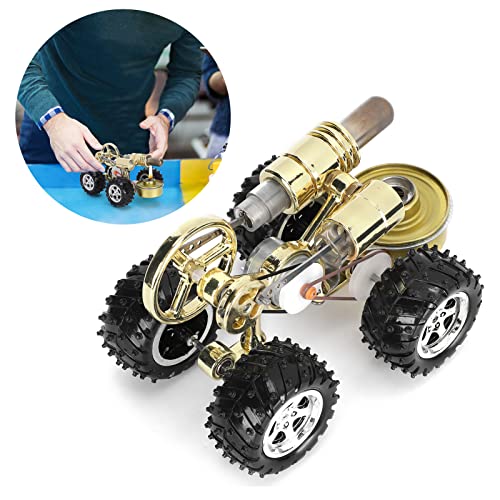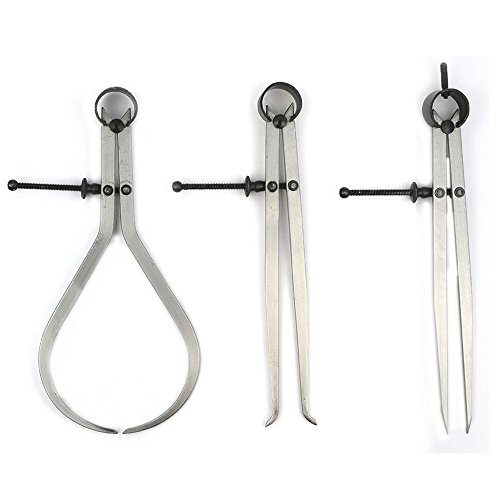Tin Falcon
Well-Known Member
- Joined
- Jul 9, 2007
- Messages
- 7,207
- Reaction score
- 789
This subject has been mentioned some in other threads. We all know that various operations performed in the home shop create potential repository hazards. These operations include but are not limited to spaying paint, using cleaning solvents, using cutting oils, dust from grinding sanding, welding etc.
So what do we do about it.
My former allergy specialist would tell me dilution is the solution to pollution. So move fresh air into the shop open a couple of windows.
Another school of thought is remove the potential dust and fumes.
An inexpensive kitchen vent hood that vents to the outside is ideal for this. IIRC regular mild steel painted ones are not expensive and if you can find a dented one marked down so much the better. these are ideal for dedicated paint or welding areas.
Shop around as some come to be vented and many low end ones do not.
The other way to reduce dust and contaminants is collection. A shop vac works well a cyclone separator hooked to a shop vac or dust collector works better. A clean stream HEPA filter in the shop vac either with or without a cyclone unit keeps dust from being blown back into the room.
furnace filters on air inlets keep outdoor dust and pollen out of the shop and out of paint booths.
So a combination of methods is best . collect dust if possible at the source. Put an exhaust hood over areas that produce the most potential hazards like painting and welding and open a window to let fresh air in. And if needed a filter to keep intake air clean.
Tin
So what do we do about it.
My former allergy specialist would tell me dilution is the solution to pollution. So move fresh air into the shop open a couple of windows.
Another school of thought is remove the potential dust and fumes.
An inexpensive kitchen vent hood that vents to the outside is ideal for this. IIRC regular mild steel painted ones are not expensive and if you can find a dented one marked down so much the better. these are ideal for dedicated paint or welding areas.
Shop around as some come to be vented and many low end ones do not.
The other way to reduce dust and contaminants is collection. A shop vac works well a cyclone separator hooked to a shop vac or dust collector works better. A clean stream HEPA filter in the shop vac either with or without a cyclone unit keeps dust from being blown back into the room.
furnace filters on air inlets keep outdoor dust and pollen out of the shop and out of paint booths.
So a combination of methods is best . collect dust if possible at the source. Put an exhaust hood over areas that produce the most potential hazards like painting and welding and open a window to let fresh air in. And if needed a filter to keep intake air clean.
Tin
Last edited by a moderator:






































![DreamPlan Home Design and Landscaping Software Free for Windows [PC Download]](https://m.media-amazon.com/images/I/51kvZH2dVLL._SL500_.jpg)



![MeshMagic 3D Free 3D Modeling Software [Download]](https://m.media-amazon.com/images/I/B1U+p8ewjGS._SL500_.png)





















